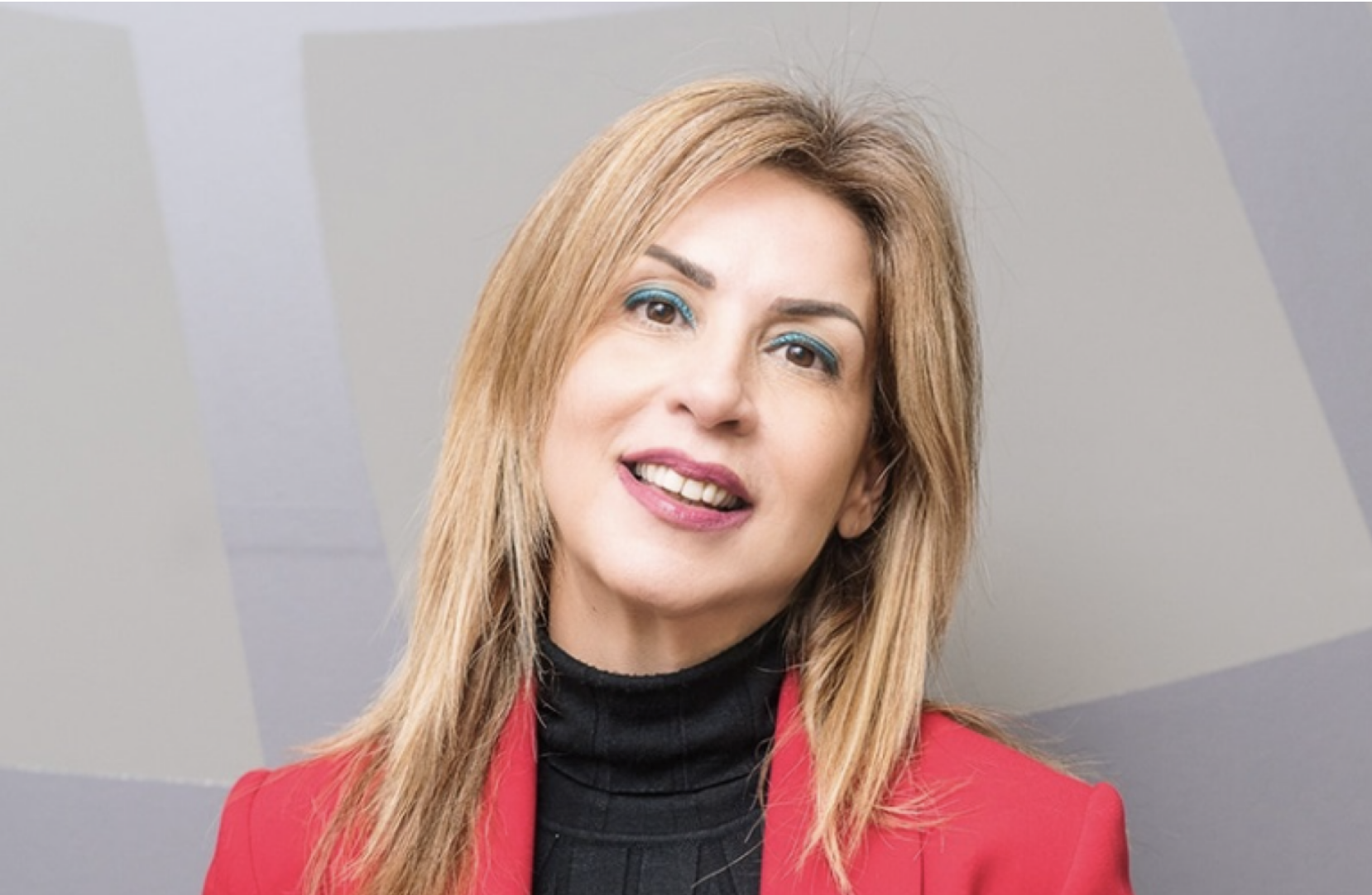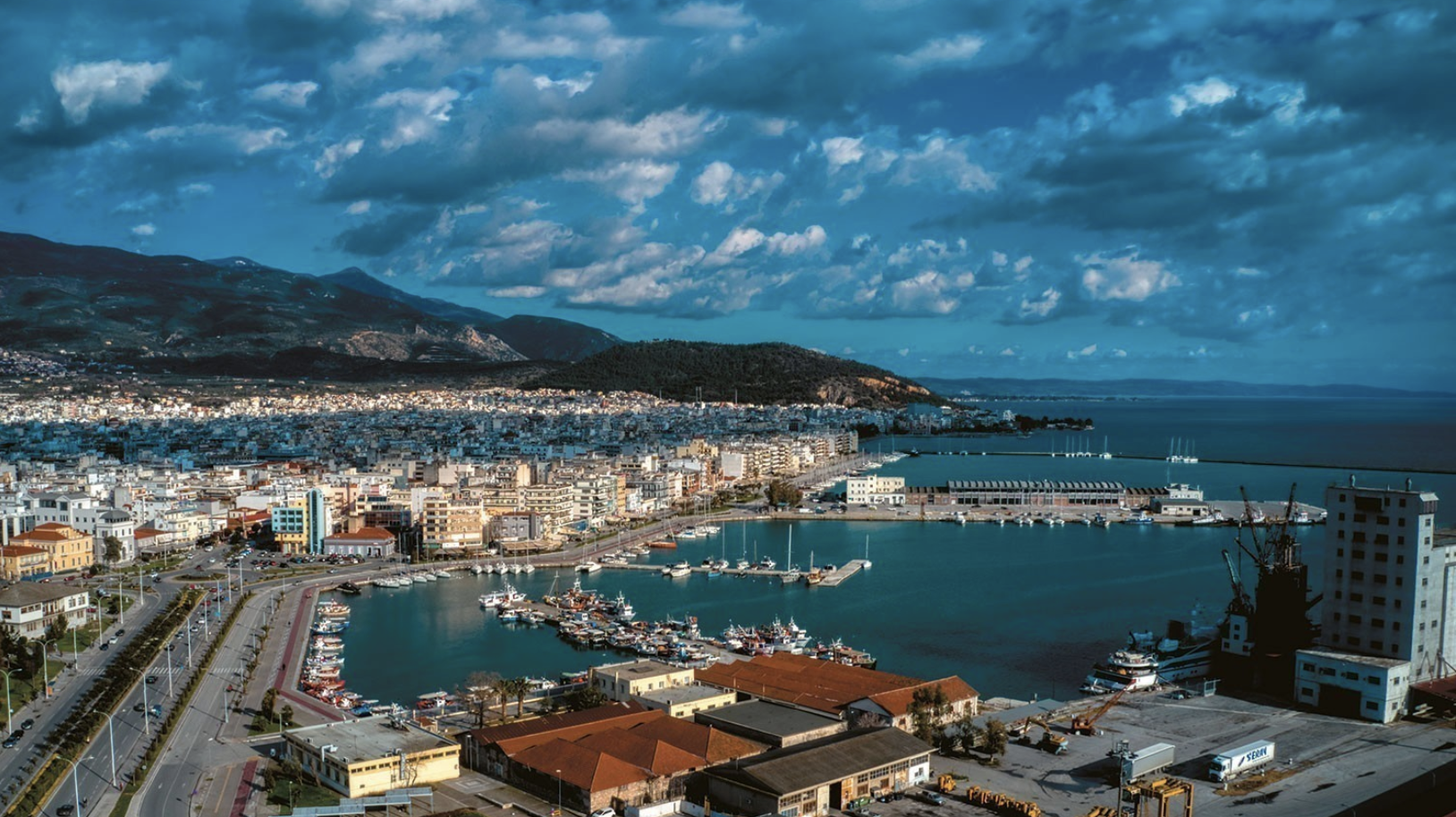The alternative path that leads public high school students to university – and indeed a path that has been internationally established for decades – was opened for Greece by Mr. Kyriakos Pierrakakis. In a post on social media on December 3, the Minister of Education revealed that there are advanced plans for the introduction of the International Baccalaureate (IB or Bacalorean diploma in the Greek public education system.
Specifically, Mr. Pierrakakis spoke of a first, pilot phase of implementation of the exclusively English-speaking, IB programs in at least five high schools at the beginning of the next school year. The IB schools will be some of the 21 model public high schools currently operating around Greece. Of course, one of the criteria for selecting the first group of high schools for the Greek public IB is expected to be the widest possible geographical distribution of IB centers, so that those from different regions of Greece are covered.
No tuition fees
At present, the list of Model High Schools that will provide IB programs to Greek students has not been finalised. The outlook, however, for the future is that the International Baccalaureate will be included in the curriculum of all Standard Lyceums in Greece. With the introduction of IB in free public education, a privilege, which until now has been accessible only to students of private schools in Greece, is liberated and decoupled from the obligation to pay tuition fees.
In terms of its legal and formal establishment, IB has existed since 1995, when it was first introduced by Mr. George Papandreou with Law 2327/1995, then as Minister of Education in the last PASOK government under Andreas Papandreou. Since then, the International Baccalaureate has been adopted by some private schools, as one of the additional opportunities offered to students – and, as it goes without saying, with the corresponding additional charge in tuition fees. So, in a sense, Mr. Pierrakakis’ initiative brings back to life free public education an option that was, for various reasons, moribund:
IB programs have never been implemented in Greek public high schools, since their inception and throughout the 30 years that have passed since then. However, the course of IB in Greece has proved to be quite eventful – and not only because the Left fought fiercely against its spread, attributing class discrimination to the detriment of the economically weaker.
Apart from the political and ideological starting point of the opposition, the International Baccalaureate automatically implies adequately qualified and certified teachers, who are required to teach in English a range of subjects outside the usual syllabus, must be regularly trained, and so on
Also, the prestige and reputation of the IB, especially in our country, was heavily damaged by a scandal: in early July 2009, a circle of teachers was uncovered who had advance access to IB exam topics, disclosing them to students, of course for a hefty fee from parents. For the leak, the perpetrators had set a “tariff” of 75,000 euros per lesson, reaping profits of about 1.5 million euros.
The case was taken up by the judiciary, charges of bribery – active and passive – were brought against some 20 persons involved, and a private school lost its accreditation for IB programs by the supervising international organisation IBO.
IB and public universities
The inclusion of the International Baccalaureate in public secondary education means that students who graduate from high school with IB will have the right to enrol, without further examinations, in foreign universities or even non-state universities in Greece – when they start operating in the near future.
On the contrary, students who choose the main route of the Pan-Hellenic Examinations will be admitted normally and, as always, to Greek public universities or now also to non-state universities that are preparing to operate in Greece. Admission to the state-run Greek HEI for those who acquire IB from the country’s standard public high schools is a possibility currently being considered by the Ministry of Education.
However, the issue of the IB and what doors it is intended to open to its holders is quite complex. To begin with, the successful candidates will have in their hands a International Baccalaureate that amounts to a privileged ticket to university – but only initially. Because in reality, the IB requires extremely hard work from students on the one hand, since it is a very demanding program, and the percentage of early dropouts is correspondingly high.
The number of students who fail to complete the course is very high. On the other hand, the IB is definitely an important, but not sufficient step in itself for direct admission to the desired university. Because there are other conditions that IB holders have to meet, first of all the grade: the lower the IB grade, the less likely the holder is to be admitted to a university of real value.
The Greek landscape
At the present stage, the IB diploma is not accepted at Greek public universities and will not be until the first relevant programs at public high schools start operating. Nevertheless, the Greek state recognizes the International Baccalaureate as fully equivalent and equivalent to the ordinary Lyceum Baccalaureate.
The first public schools, those that will undertake the pilot implementation of IB programs in Greece, necessarily belong to the Model High Schools which are the following per geographical district: In Attica, the 1st (“Gennadeio”) and the 2nd Standard General High School of Athens, the Anavryta Lyceum, the Lyceum of the Varvakios School, the 3rd Standard General High School of Ilion, the Standard General High School of Agioi Anargyroi, the Lyceum of the Evangelical School of Smyrna, the Zanneio Standard General High School of Piraeus and the Lyceum of the Ionides School of Piraeus. In Thessaloniki the 1st Standard General High School of Thessaloniki “Manolis Andronikos” and the 2nd (“White Tower”). In Patras the local Standard General High School and in Tripoli the 2nd. In Ioannina the Standard General High School of Zosimaia School, while in Preveza there are high school classes in the 1st Standard General High School. In Crete there is the Heraklion Standard General High School, as well as in Larissa. In Volos the 2nd Standard General High School, in Chalkida the 1st Standard General High School, as in Kastoria. In the North Aegean, the Standard General High School of Mytilene operates under the auspices of the University of the Aegean.
In all of the above, IB is a perspective of the future. On the contrary, it is a reality for the following 16 private schools around Greece: ACS Athens (American College), Anatolia College, Campion School, Kostea-Gitona CGS Schools, Doukas Schools, Gitona Schools, H.A.A.E.F College of Athens, International School of Athens, Ionios School, Ionian School, Labiris Private Schools, Pinewood American International School, Plato’s Schools, St. Catherine’s British School, The American College of Greece-Pierce, Moraitis School and International Metropolitan School.
The above private schools offer the International Baccalaureate Diploma Program with international accreditation from the international body that acts as the central coordinator, the International Baccalaureate Organization (IBO). In fact, from the IBO headquarters in Geneva, Kyriakos Pierrakakis made the revelation about the Greek Baccalaureate.
As for the number of Greek students participating in the already existing IB programs, it is estimated that they amount to about 1,000-1,200 students in total.
Globally, IB has a presence in more than 5,700 schools in 159 countries with a total student population approaching 2 million. The countries with the most students are the US, Canada, Britain, India and China. For reference, there are over 3,000 schools with IB programs in the US, while Germany and Switzerland have a strong presence in Europe.
The cost of IB around the world
In Greece, the tuition fees for an IB program range from 7,000-8,000 to around 15,000 euros, depending on the school, infrastructure, teaching staff and so on.The cost, however, can go even higher, as there may be additional charges for books, activities and exams as part of the program. Also, candidates usually prepare for their IB admission with private tutoring, which is very costly since this tutoring is undertaken by teachers with experience and expertise in the International Baccalaureate curriculum.
For example, in Mathematics, Physics or Chemistry, prices for preliminary tutoring can reach 80 euros/hour. In theoretical subjects, such as literature or history, private lessons cost around 60 euros/hour. For support, for example, in the subject of “Research Work”, teachers’ fees reach 100 euros/hour or more. Of course, there is always the possibility of claiming a scholarship for IB.
For example, at the Anatolia College of Thessaloniki, as the director of the International Baccalaureate/IB Diploma Program, Ms Anna Petmeza, tells “Proto Thema”, “25% to 30% of IBPD students receive either honorary scholarships (based only on educational criteria) or scholarships based on their performance in courses, combined with financial criteria“.
Internationally, and depending on each country’s education system, the IB Diploma program may be offered free of charge in public schools or in lieu of a nominal fee. In Finland and Sweden, for example, the IB program is offered in public schools and is free of charge, with the same value in terms of graduation and university admission as the national diploma. In Germany, the IB Diploma is offered at no cost in some public schools.
In the United Kingdom, some public schools offer the IB free of charge, while in other areas a small fee may be required. In France, for public schools offering IB, the cost is lower or zero for students in the country.
In the US, the International Baccalaureate (IB) program is offered in both public and private schools, but costs can vary significantly depending on the school and region. Also, although attendance is typically free, students are charged extra for various services, such as exams, materials or their books.
In American private schools, tuition is significantly higher, ranging from $10,000 to $40,000 per year, depending on the school and the region.
Mandatory courses
The Baccalaureate or IB Diploma Program (IBDP) consists, in general, of a two-year program of study for second and third grade students. It is designed to provide a high level of broader education, with an encyclopaedic and humanistic perspective, with a large number of courses from each subject area, the sciences or humanities. Through IB, ideally, the student not only seeks to gain privileges for university level study, but also cultivates skills such as analytical and critical thinking, inquiry-based learning, good time management, etc.
In any case, IB is really difficult – even exhausting for some students. The program is executed to the letter according to international, highly rigorous standards, but the “prize” for students is that IB is recognized worldwide by leading universities, based on the accreditation it provides as a guarantee of excellence, fairness, equity and transparency at every stage of the IBO educational process.
The IBO defines the subjects that could be taught per group. Schools then choose exactly which subjects to offer, and there is a minimum compulsory number of subjects taught. Students choose those subjects that interest them, as well as which ones will be at a high or basic level, with a fair amount of flexibility.
Character development
Ms. Petmeza from IB of Anatolia College explains that “the International Baccalaureate program places a strong emphasis on the cultivation of 10 generic skills. Obviously there is the material that is taught, but we focus mainly on practicing social, research, collaborative skills, as well as critical thinking skills. And the exams assess not only understanding, but also the student’s ability to put knowledge into practice.”
Regarding the assessment system, students in the IB program take an exam at the end of the two-year period, i.e. at the end of the third grade. The IB exam lasts about 20 days and is centrally administered by the IBO in Geneva, which is also responsible for the exam topics and for correcting the papers.
There are two examination periods (November and May). In most high-level courses the examinations are held in three different stages and in two in the others. Each stage is different in nature e.g. one multiple choice exam, another based on a case study, writing an essay etc.
Students are graded for each course from 1 (lowest) to 7 (highest). The total score for the International Baccalaureate must be in the range of 24, i.e. the base to “excellent” 45. For admission of students to universities abroad the threshold varies – although nowhere is an IB Baccalaureate with a score close to the base of 24 taken seriously.
Most British universities, for example, set an IB score of 30-38 as a basis for admission, while for medicine or law the “threshold” is 36-40 points. In European universities the minimum required IB score is 32-38. In the US, for the most part, there is no minimum admission score. However, the top American universities, the elite Ivy League (MIT, Harvard, Princeton, etc.), do not admit IB holders with a baccalaureate grade below 36.
The score
Depending on the course, 20%-40% of the final grade corresponds to the assignments that students have prepared during their two years of study, which is the main difference with the panel exams, as in IB the student is not evaluated solely on the basis of the final three-hour examination.
According to Mrs. Petmeza, “at the end of the second grade or the first quarter of the third grade, a grading picture has now been established for each student in the IB program. This picture leads to a grade prediction by the school. Based on this, applications to universities will be made. Universities then await the final scores of the children from the exams to complete the International Baccalaureate process.”
However, International Baccalaureate/IB Diploma Program director Anna Petmeza points out something crucial: “Apart from the issue of admission to a university, there is also the issue of obtaining the International Baccalaureate. 20%-25% of children attending an IB program worldwide do not get the Baccalaureate. In Greece, however, the failure rate in obtaining the International Baccalaureate is lower.”
Ask me anything
Explore related questions





